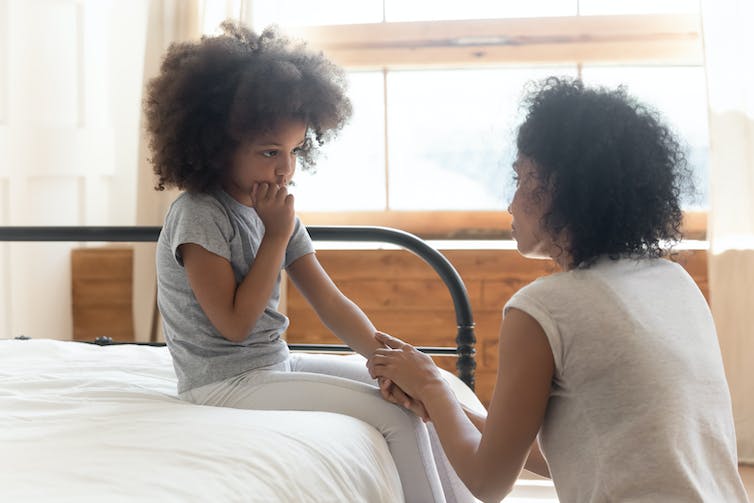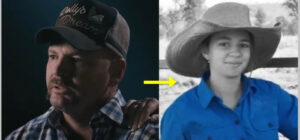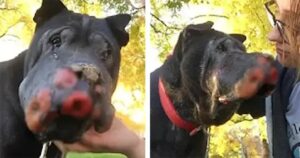Since 2017, numerous victims of sexual assault have come out to speak out in public through social media movements like #MeToo and “Dis Son Nom” in Québec.
The voices of survivors have been heard by society thanks to these movements. They have also brought attention to a widespread occurrence that has been long ignored.
Although we can only praise women for standing up and the good effects of their efforts in a variety of fields, including sports, culture, and post-secondary education, these programs do not include children who have been sexually abused.
Research on the effects of this trauma is underrepresented in children, particularly those of preschool age, who have experienced sexual assault. The majority of studies examine how adult sexual abuse affects victims.According to a 2009 study of Québec adults, 22.1% of women and 9.7% of men had experienced sexual assault, including rape or unwanted contact, before turning 18. Furthermore, 45.5% of them were school-aged children and 16.3% of them had been molested for the first time before the age of six.
Regrettably, these young victims have very little or no voice at home and no voice in society. There are hazards associated with reporting sexual abuse, for both adults and children. The Québec survey revealed that one in five victims of sexual assault had never told anybody about it, and one in two had come forward more than five years after the incident.Several obstacles prevent young people from reporting sexual abuse. These may include having less developed language and cognitive skills (especially for young children), being close to the abuser (often a family member or someone the child depends on), having a small social circle outside of the family, feeling ashamed and fearing not being believed, or being afraid of the negative effects of disclosure.
Nonetheless, research to date indicates that when carefully questioned, young children can give accurate accounts of the sexual abuse they have endured. Police investigation techniques for obtaining testimony from young victims have improved in Québec. This is due to the efforts of Mireille Cyr and her team at the Université de Montréal’s psychology department, as well as the instruction provided on the National Institute of Child Health and Human Development protocol, an approach to retrieving informative and accurate accounts of incidents from young people.Our research over the past 15 years has allowed us to see the difficulties young children face. In particular, young children who have been sexually abused are at greater risk than other children of developing what’s known as internalizing (anxiety, depression, social withdrawal) and externalizing (aggression, unruly behaviour, opposition) behaviour problems.
They are also at greater risk of sleep problems and symptoms of pathological dissociation, such as a feeling of detachment from oneself or one’s environment, sudden mood swings and an inability to remember events.
At the heart of these difficulties are two fundamental developmental processes that are impaired by early sexual abuse, namely the ability to form healthy attachment (secure versus insecure attachment) and to self-regulate emotions.





